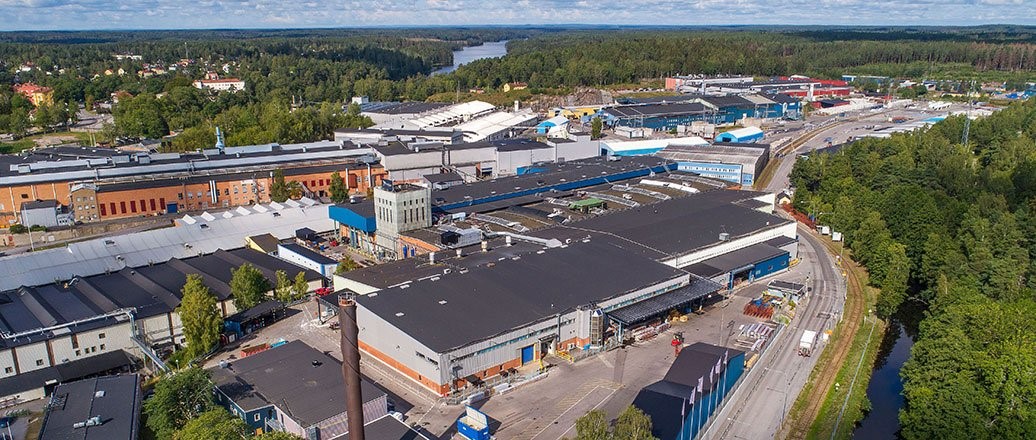Hydro wishes to entirely run its Swedish operations with 100 per cent locally produced power originating from renewable energy sources other than conventional fossil fuel. The company focuses on creating a sustainable future by transforming the energy input of its three aluminium extrusion plants in Sweden situated at Sjunnen, Vetlanda and Finspång.

The enterprise will aim at strategic explorations with large investments in battery storage, solar energy, wind power, energy efficiency measures and hydrogen production. In the initial stage of the project, Hydro Extrusion Sweden will mount solar panels and battery storage systems to enhance the already prevailing hydropower system.
The Swedish industry is striving toward greener energy with more focus on a stable power supply at competitive prices. Hydro Extrusions is extremely active in Southern Sweden, where the demand for power, especially green energy, is the highest.
Hydro considers wind power as one of the alternatives to conventional energy sources because it can be expanded very fast. At present, the company is on a journey to locate a favourable spot for its own wind farm to make green energy available for its Swedish plant.
Hydro is also looking into other options, like solar cells and heat exchange from already existing processes, for enhanced ability. The company is also considering batteries to stabilise the power grid and shifting to green hydrogen use that comes from renewable energy.
The Managing Director of Hydro Extrusion Sweden, Jonas Bjuhr, quoted: "With this, Hydro will continue to lead the way in sustainable aluminium production and be a positive force locally. We are continuously reducing our emissions and recycling more scrap, but this is not enough. The next step is to bring in more green energy from the local area."
"In order to counteract the climate crisis and do more with less, you need several different initiatives on a wide scale. When you say yes to renewable energy sources, you help enable a green transition for industry and secure jobs," Bjuhr exemplifies.
Aluminium is a rigid and malleable material that is lighter than steel and very much durable. The third most common element found on the Earth's crust, aluminium, is practically used in every industry, from vehicles to water vessels, from cell phones to satellites. Aluminium can be recycled infinitely without losing its original properties, reducing the carbon footprint in the long run.
Hydro Extrusions creates their aluminium profiles with one of the lowest carbon footprint materials. Customers having sustainability in mind are looking for products that are produced with renewable energy. The company has set up a scrap recycling unit, Sjunnen, and a large number of products by Hydro in Norway are made using renewable energy.
Every year Hydro is moving one step closer toward lowering the greenhouse gas emissions from its manufacturing units while increasing its recycling capacity.
Jonas Bjuhr also goes on to explain: "Aluminium production is an energy-intensive process, aluminium recycling less so. What we need to do is make the processes more efficient and use more renewable energy at the local level. Without the latter, a zero level of CO2 emissions cannot be reached. That being said, the sustainability issue is also about increasing the competitiveness of local companies and creating new opportunities for them, such as our investments in recycling in Sjunnen."
Hydro Extrusions is a leader in producing and commercialising extruded aluminium profiles. The company also provides machining and surface treatment services, with an employment roll of 1,000 people in Sweden.
source https://www.alcircle.com/news/hydro-extrusions-to-source-100-green-energy-for-making-aluminium-profiles-in-sweden-84707

Comments
Post a Comment